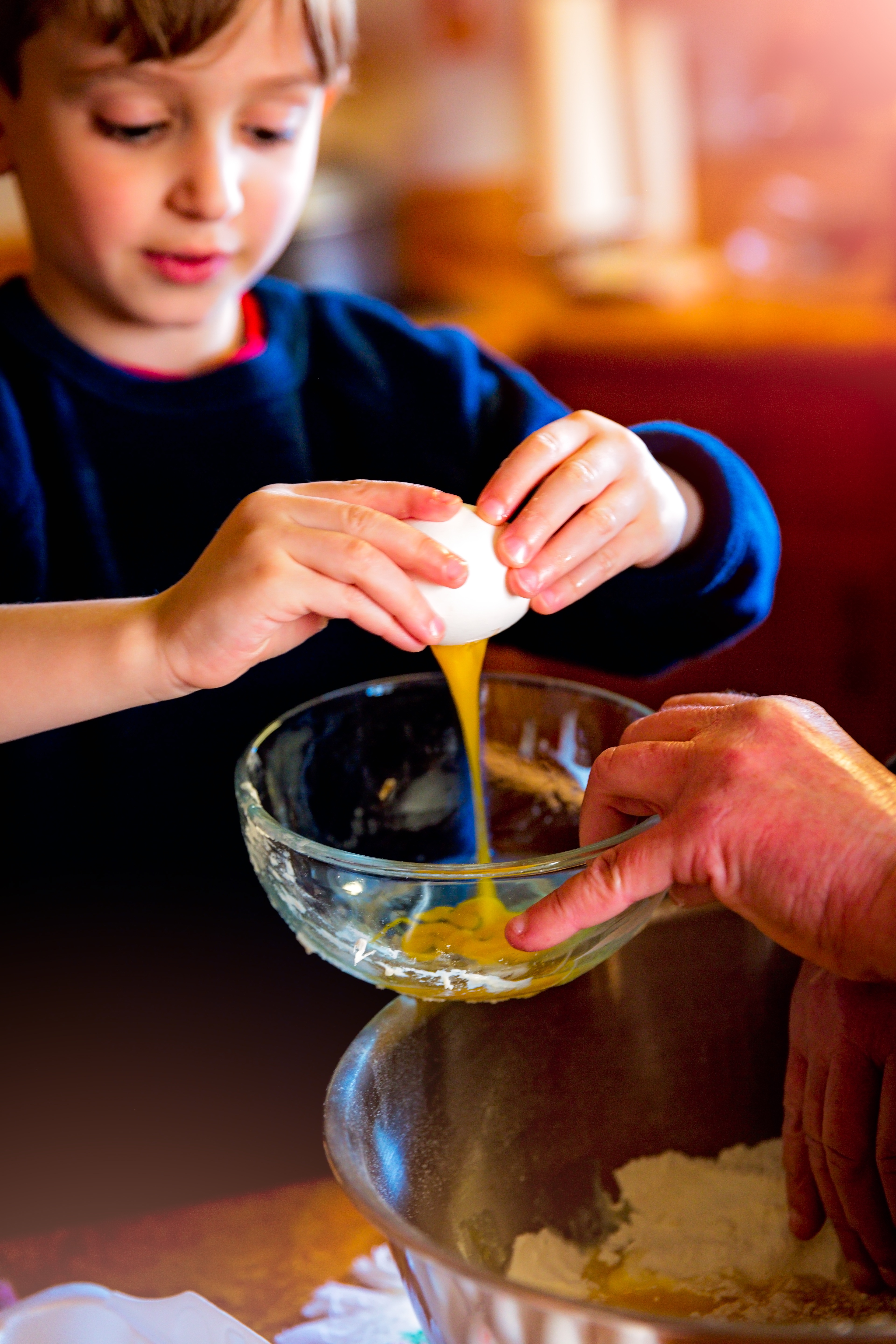
■ If you’re working in the holidays, use the evenings or time when you’re not working to have fun time with your child, free of the school time routines.
■ If you’re signing your child up to school holiday programmes let them be involved in choosing them — many programmes have a specific focus, like art and craft, or sports, and your child will have more fun if they’re doing something they like.
■ Remember all the free, fun games and activities you enjoyed as a kid (before tablets, PlayStation and X-Box)? You’ll be surprised at just how much fun you’ll still have — and your kids will enjoy them too!

■ Especially with younger children, don’t forget the old favourites — Play-Doh, fingerpaints, water play and bubbles.
■ Cries of "I’m bored" are OK. Children often come up with their most creative play when they’re bored. Let them know it’s their choice to be bored, or they can choose to not be bored.
■ Bring some balance into the holidays — organise some activities, but also have some quiet time each day, where everyone does something by themselves, including you! It could be reading, drawing or listening to an audio book.
■ Get your child involved in the day-to-day running of the household. They often like to help plan and make the meals. Helping with housework also teaches your child lots of important skills about being organised, being part of the family, co-operating and contributing.
Source: education.govt.nz












